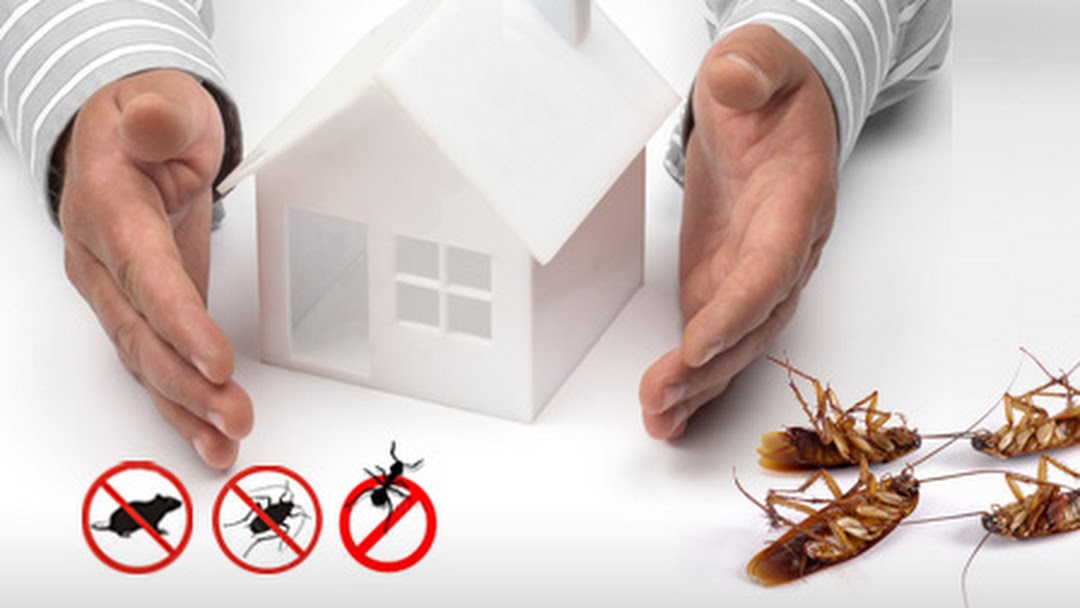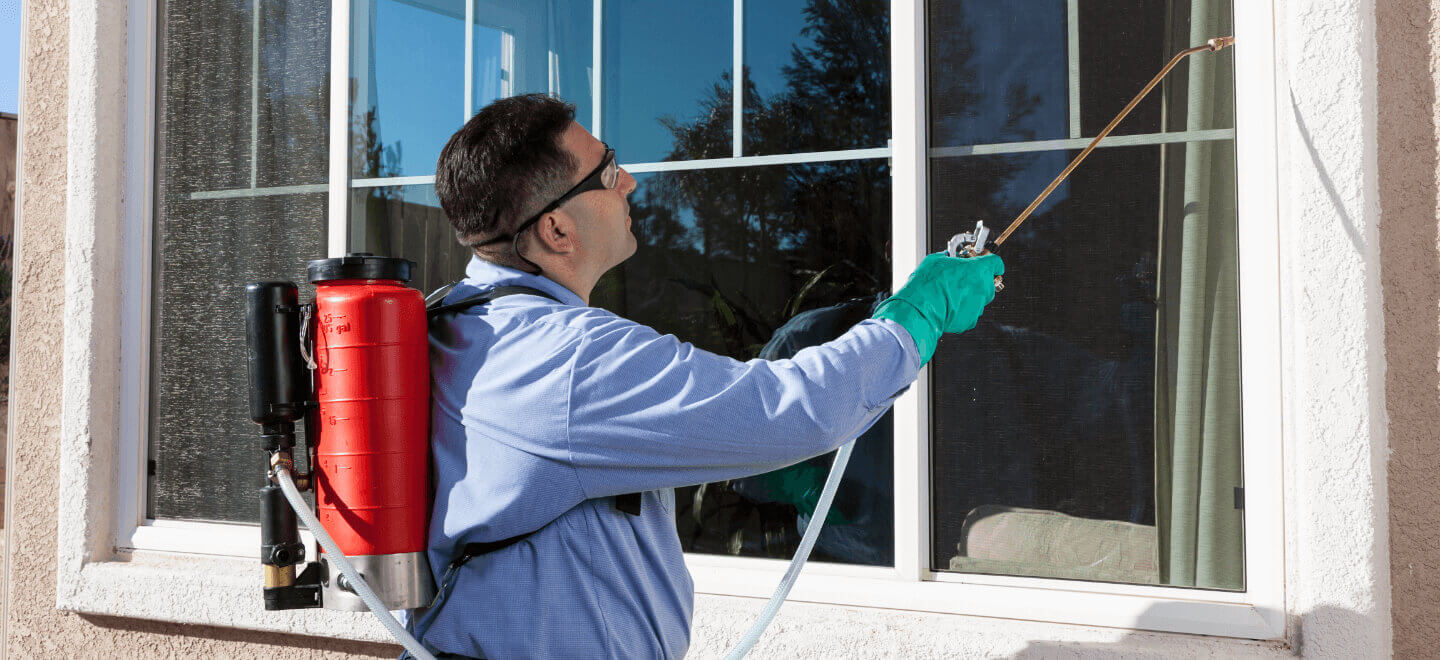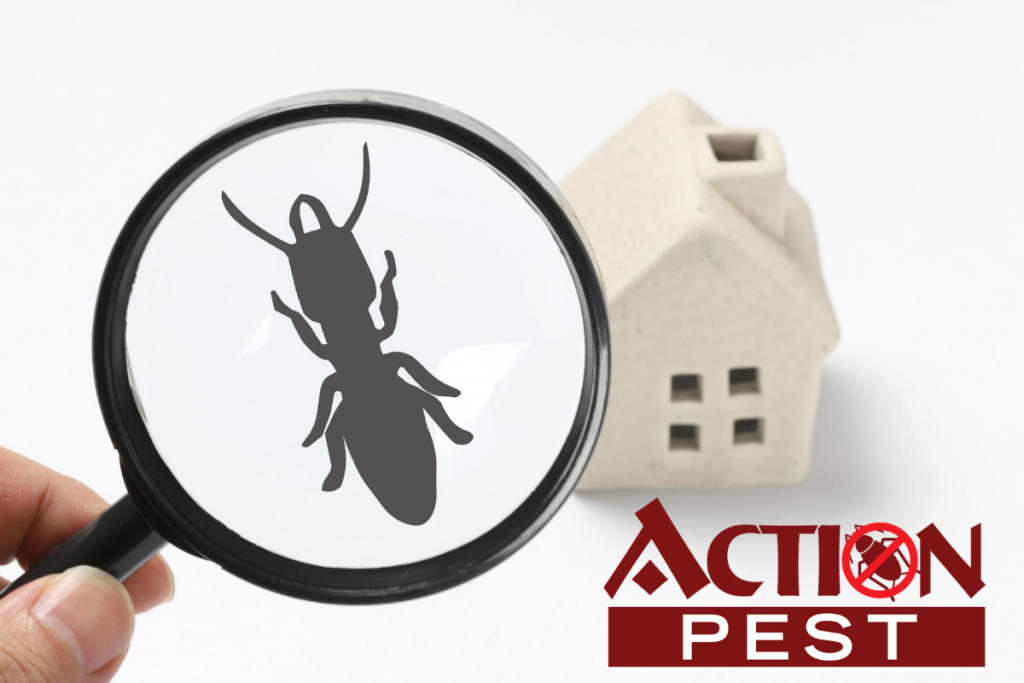Safe and Trustworthy Bug Control for Lasting Defense
Effective insect administration needs a multifaceted strategy that balances environmental stability with the demand for effective pest suppression. The subtleties of these approaches may not be promptly clear, motivating a better assessment of the techniques that can lead to lasting parasite control end results.
Comprehending Pest Control Techniques
Pest control incorporates a range of methods focused on managing and eradicating unwanted bugs and rodents that can intimidate both wellness and home. Comprehending these approaches is vital for efficient pest management.
The key groups of pest control techniques include mechanical, biological, and chemical techniques. Mechanical approaches include physical obstacles and traps to stop bug access and capture unwanted species. Using screens on windows or employing sticky catches can considerably lower pest populations without introducing harmful materials - exterminator coquitlam.

Chemical parasite control is often the most identified approach, using pesticides to remove pests. These chemicals can be effective but should be made use of with care to prevent adverse impacts on non-target varieties and the environment.
Benefits of Eco-Friendly Solutions
Just how can eco-friendly remedies transform parasite control methods? The fostering of environment-friendly parasite control methods offers many benefits, substantially boosting the efficiency and safety and security of pest management.

Another advantage is the positive effect on local biodiversity. Eco-friendly services are created to target certain parasites while protecting advantageous pests and wildlife, promoting a well balanced environment. This strategy straightens with the expanding customer demand for sustainable methods, improving the track record of insect control providers.
Integrated Pest Administration Methods
The execution of environment-friendly solutions naturally causes the fostering of Integrated Parasite Administration (IPM) techniques, which better enhance bug control efficacy. IPM is an all natural approach that incorporates numerous methods to handle parasite populations while minimizing environmental influence. This approach emphasizes using biological, social, mechanical, and chemical controls, guaranteeing a lasting and balanced technique of pest management.
One fundamental facet of IPM is the extensive assessment of insect activity and ecological conditions. By monitoring insect populaces and recognizing their life cycles, specialists can execute targeted interventions that interrupt the insect's habitat or lifecycle, minimizing dependence on chemical pesticides. Furthermore, social techniques such as crop turning and environment manipulation can substantially diminish termite care parasite establishment and reproduction.
One more vital element is the use of biological control agents, such as advantageous over here pests or microorganisms, which can naturally suppress bug populations. When chemical applications are essential, IPM prioritizes using low-risk pesticides and applies them precisely, lessening exposure to non-target microorganisms and human beings.
Including IPM techniques not just improves pest control effectiveness however also advertises a much safer community, aligning with the expanding need for lasting methods in parasite management.
Safe Practices for Home Owners
Understanding the importance of safe practices in insect control can empower home owners to successfully handle bug issues while securing their wellness and the atmosphere. Applying safe methods and precautionary actions is crucial in lessening direct exposure to damaging chemicals.
Homeowners must initially analyze their setting for problems that attract pests, such as standing food, water, and clutter waste. Regularly cleansing and sealing access points can discourage pests from getting into the home. Making use of all-natural deterrents, such as necessary oils or diatomaceous planet, can provide efficient options to chemical pesticides.
When chemical treatments are required, property owners should choose products that are specifically classified as secure for household usage. It is vital to follow application guidelines meticulously to avoid too much exposure. Using targeted treatments in areas where pests are determined, rather than covering spraying, can dramatically reduce chemical use.
Lastly, preserving open communication with pest control experts is crucial. Home owners should ask about the safety of products used and request eco-friendly options whenever feasible. By adopting these risk-free practices, homeowners can create a much healthier living atmosphere while efficiently taking care of parasite concerns.

Tips for Long-Term Security
Developing a pest monitoring approach that highlights long-term security can considerably improve the effectiveness of the secure methods previously discussed. you can try here To attain this, property owners need to carry out routine evaluations of their residential property, concentrating on hidden locations such as attics, cellars, and crawl spaces. Early detection of bug activity is important in avoiding problems from taking hold.
In addition, maintaining a tidy setting is crucial. This consists of proper food storage, immediately cleaning up spills, and consistently taking care of garbage. These practices lower attractants that draw parasites into the home. Furthermore, sealing entry factors, such as splits around doors and windows, can efficiently block prospective insect gain access to.
Landscaping needs to also be taken into consideration; maintaining plants trimmed and preserving a distance in between greenery and the home decreases concealing spots for parasites. Making use of natural deterrents, such as necessary oils or diatomaceous earth, can better discourage problems without turning to severe chemicals.
Last but not least, teaming up with an expert bug control solution for periodic analyses can provide an additional layer of protection. These professionals can offer customized referrals and advanced therapies, guaranteeing that your home stays secured against pests in the long-term.
Verdict
Finally, reputable and safe bug control calls for a multifaceted technique that emphasizes green methods and incorporated pest monitoring. By executing all-natural deterrents, conducting regular assessments, and maintaining correct cleanliness, homeowner can dramatically minimize bug populations while protecting helpful insects and the setting. Partnership with specialist insect control services enhances the efficiency of these techniques, ensuring tailored remedies that provide long-term defense and comfort against future invasions.
Reliable insect administration requires a complex approach that balances environmental integrity with the demand for reliable parasite reductions. The adoption of environmentally friendly parasite control methods uses numerous benefits, substantially improving the effectiveness and safety of pest administration.The implementation of eco-friendly services normally leads to the fostering of Integrated Insect Management (IPM) approaches, which better boost parasite control efficacy. exterminator coquitlam. By keeping track of parasite populations and determining their life cycles, professionals can implement targeted treatments that interfere with the pest's habitat or lifecycle, reducing dependence on chemical pesticides.In conclusion, reputable and secure pest control needs a diverse approach that stresses green methods and incorporated insect management